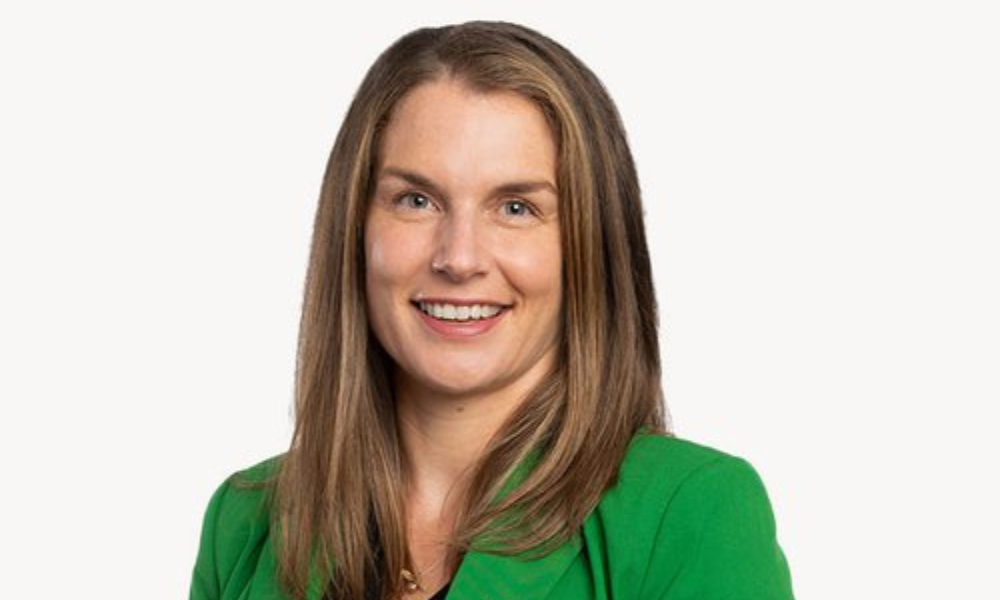
Kiwibank's CHRO talks about embedding four kauwaka in company

When Charlotte Ward returned to Aotearoa, New Zealand after gaining HR experience overseas, she was craving a bit of Kiwidom. Now the chief people officer at Kiwibank, she has found it in spades.
“I’d been working in global organisations for so long, I really wanted to do something that was just for New Zealand,” said Ward. “I found Kiwibank and in that I found a really purpose-driven organisation that is truly trying to balance purpose with performance.”
The focus for Ward for the last two-and-a-half years has been on building the Kiwibank culture, a culture that is now deeply embedded in everything the organisation does.
“What I’m really passionate about,” she said, “is that we created the culture that we’re aiming for, together. I think a really important thing that we’ve done quite well is actually just asked people — if we want to know what makes a difference for them, we’ve just asked them and then we’ve taken action.”
That may sound simple, but the exercise involved sitting down and listening to over 2,000 employees.
“We asked them what sort of culture they need to be successful: ‘We want this to be the best place to work – what does it mean to you to be the best place to work?’ So, everyone gave their views on what they thought we needed to do to be successful, and out of that we created our culture – Ngā Kauwaka,” said Ward.
Kauwaka are vessels that carry knowledge and mindsets that prepare, inspire and enable. Kiwibank has four kauwaka; Ka tīmata i a tātou (A place to belong), Tapatahi (Better together), Me Māia (Rise to the challenge), Ngā Kiritaki (Customer at the heart). Ngā Kauwaka is now deeply embedded in everything the company does.
“It really now is completely embedded which I feel completely excited about because it’s like we’ve set ourselves this collective goal and we’re all working towards it, but it has also been a big challenge too because we were purposely aspirational,” she said.
Those aspirations include recently setting a goal to create the most inclusive work wardrobe in Aotearoa, New Zealand. The culmination of that was released last month – a 46-piece collection curated by five local designers that includes lava lavas, hijabs, and more traditional pieces that can be mixed and matched to allow employees to let their personalities shine through.
“People want different things right so sometimes it’s quite hard to actually get the one thing that everyone wants,” said Ward explaining a good example of that is flexibility.
“That’s something that is really important to people so we’re really trying to work with people on what is the best balance between flexibility both in location but also in terms of hours and what sort of work they do,” said Ward.
Speaking to the HR industry in general, Ward said that it’s a shame that HR isn’t represented at the executive level in some Kiwi organisations.
“I think it’s a real shame when organisations do that given it’s pretty well accepted now that people are your biggest differentiator. But the one thing that I really don’t like that you read a lot of is, ‘How does HR get a seat at the table?’ Why are we even asking that question? Don’t ask for a seat at the table, just get a seat at the table and start talking about the things that make a difference,” said Ward.